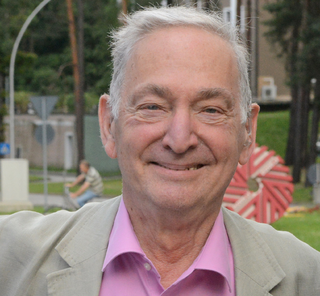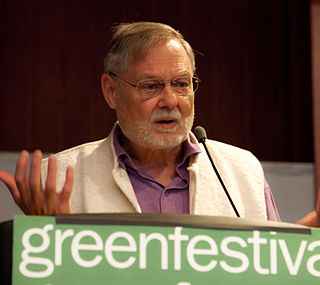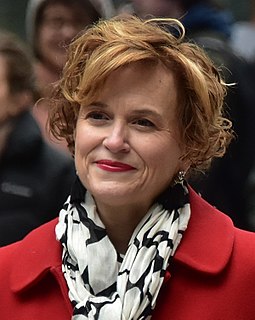A Quote by Jerome Ravetz
Only by recognizing the boundaries of our socially constructed scientific-technological reality can we transcend them in imagination and then achieve effective human action.
Related Quotes
The first step toward creating an improved future is developing the ability to envision it. VISION will ignite the fire of passion that fuels our commitment to do WHATEVER IT TAKES to achieve excellence. Only VISION allows us to transform dreams of greatness into the reality of achievement through human action. VISION has no boundaries and knows no limits. Our VISION is what we become in life.
Imagination helps you to recognize the reality of facts, but then to go beyond them, to penetrate beneath them, to rise above them in your search for creative answers to problems. Imagination "stirs up the gift of God in thee." Through your imagination you touch and express the inspiration of the Infinite. Imagination, in the words of Shakespeare, "gives to airy nothing a local habitation and a name." You reach into the heavens to grasp an idea, then you bring it down to earth and make it work.
I was taught to lie at a young age. . . . I think that [A PARK IN OUR HOUSE] describes what people make out of their reality in a totalitarian system like Castro's. They take flight and move into the imagination in order to transcend their immediate reality. I had to write this play. It helped me understand my own loss of innocence.
Through scientific discovery and technological innovation, we enlist the forces of the natural world to solve many of the uniquely human problems we face - feeding and providing energy to agrowing population, improving human health, taking responsibility for protecting the environment and the global ecosystem, and ensuring our own Nation's security. Scientific discoveries inspire and enrich us, teaching us about the mysteries of life and the nature of the world.
The past slips from our grasp. It leaves us only scattered things. The bond that united them eludes us. Our imagination usually fills in the void by making use of preconceived theories...Archaeology, then, does not supply us with certitudes, but rather with vague hypotheses. And in the shade of these hypotheses some artists are content to dream, considering them less as scientific facts than as sources of inspiration.
The reason prophets are so rarely honored in their own country is that their role is to transcend the limits of their contemporaries' experience and imagination. They achieve recognition only when their vision has been turned into experience - in short, when it is too late to benefit from their foresight.
































